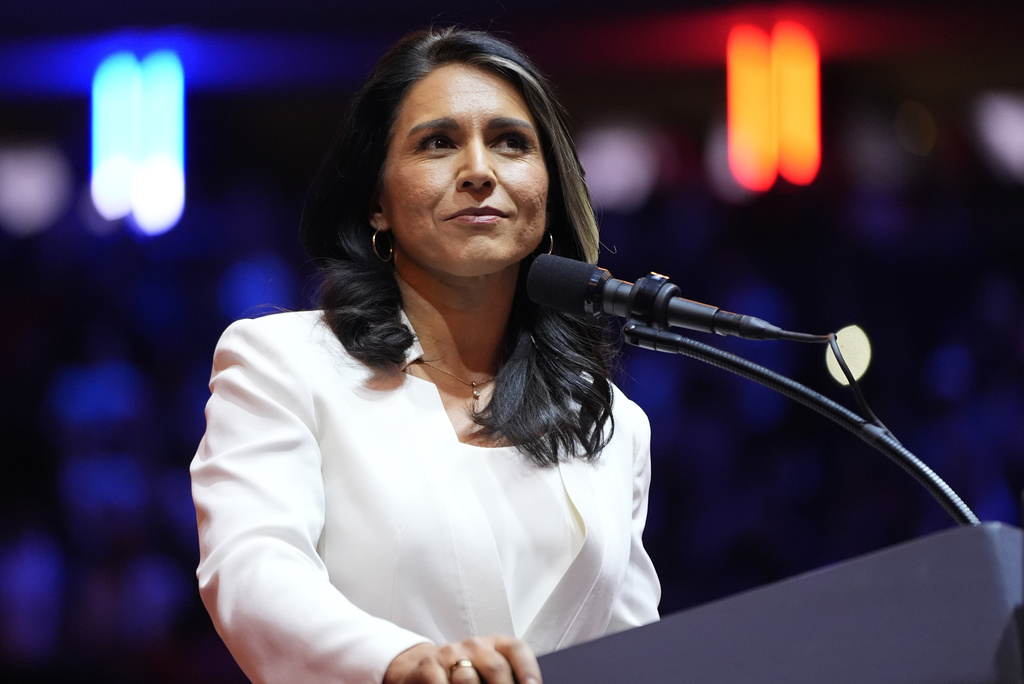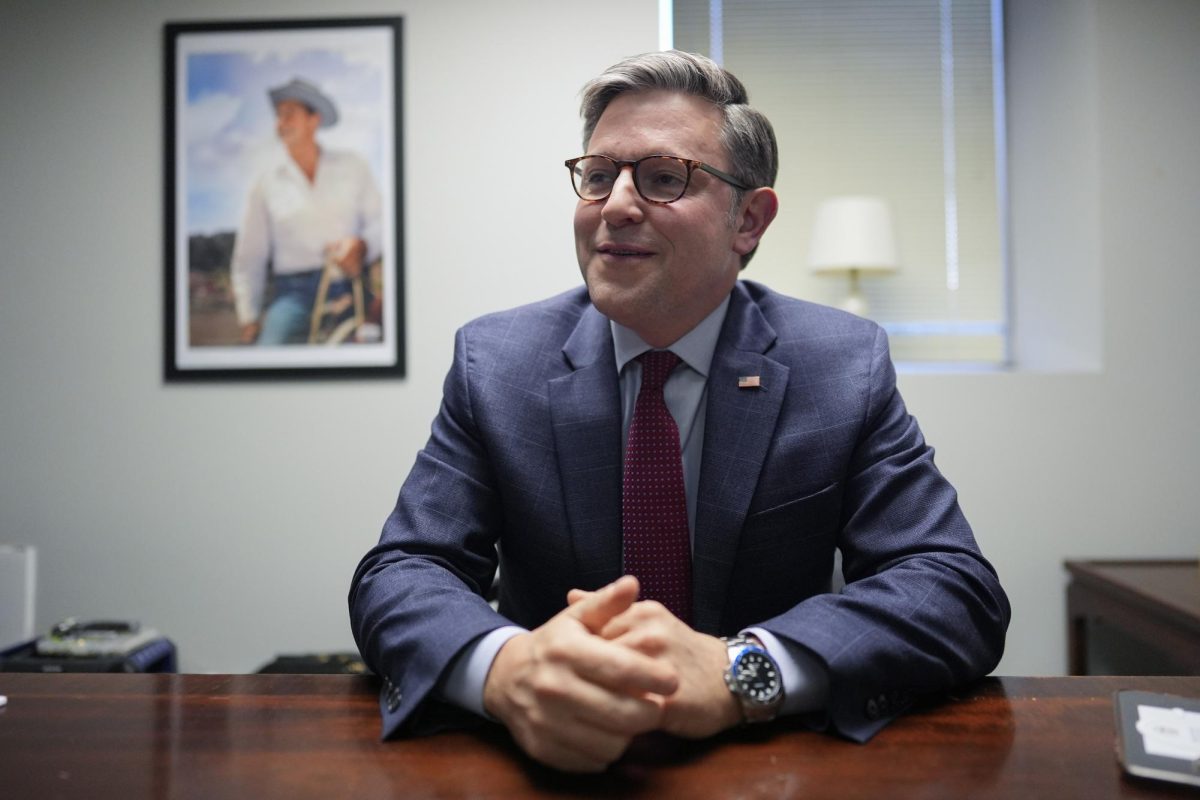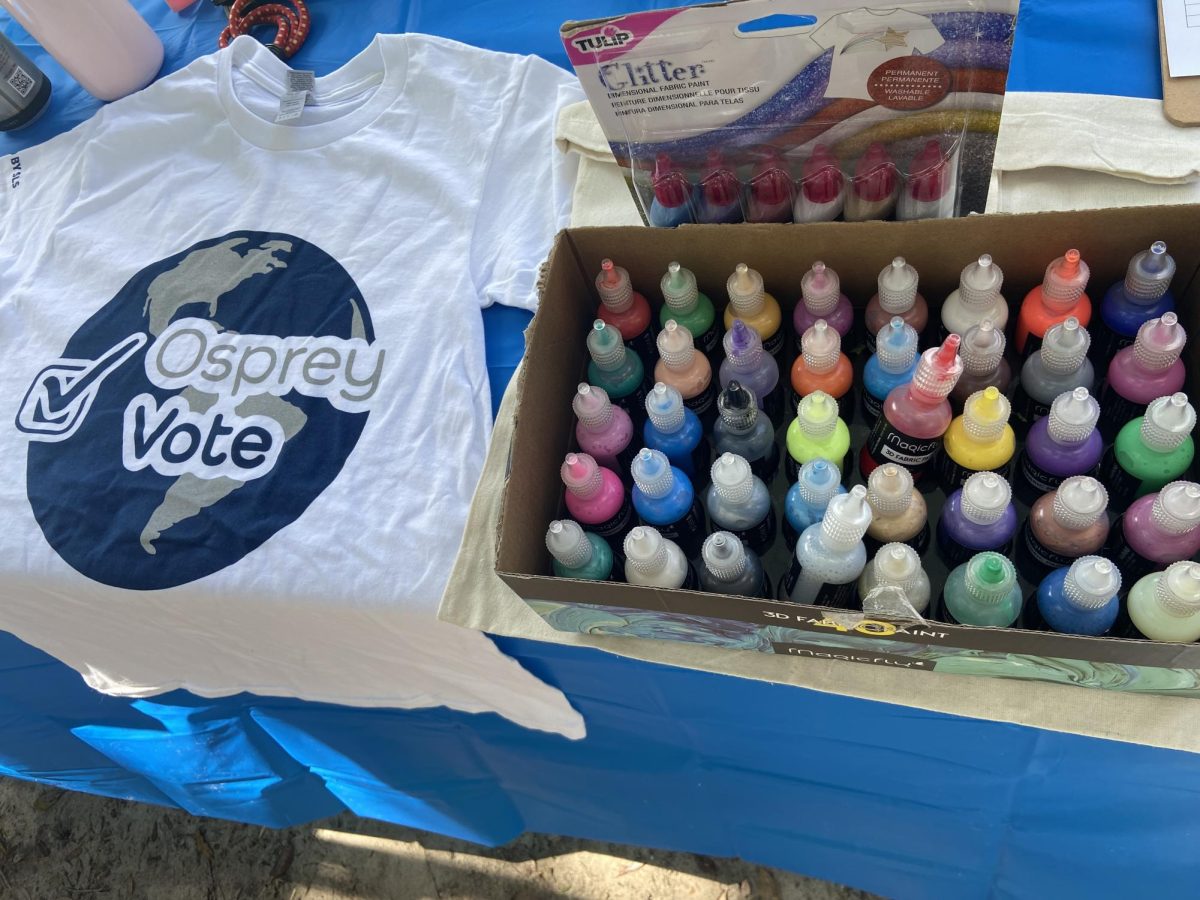
Polls closed on Tuesday, Nov. 8, and America began tallying up the votes for who would become our next president. When it was announced that Donald J. Trump is our president-elect, Americans everywhere began responding with varying, and sometimes extreme, emotions.
Because of how reactionary students and the country has become, Spinnaker sat down with Dr. Michael Binder, Public Opinion Research Lab faculty director and political science professor, to talk about it and make sense of what the U.S. with Trump at the helm will look like.
Binder has been tracking and researching this election for quite some time, putting out polls through the PORL about the projected results, and even he was surprised by Trump’s victory.
How did Trump beat Clinton in this election? She was the projected winner in most states. What happened?
White people. With the mobilization of working and middle class white people who voted for Obama in 2012, he [Trump] was able to turn them. Republicans that had been cautious or nervous about Trump because of his characteristics, they came home at the end of the day. The Clinton campaign was unprepared for that.
Some students are concerned about Trump as a president. Should they be?
I think that you should be concerned whenever there’s a new president and they lack a track record of political office, but I think hope and optimism is how they should actually feel, even if cautiously so. He is far from a dictator. We have a senate, Congress, a dispersion of power and a federal system. It would be difficult for Trump to do a lot of the things that he has talked about.
There’s two ways you look at this — if you were a Hillary supporter and Trump scared you because of his personality, hot headedness, or inability to articulate a plan, that’s certainly a valid fear or concern. If you’re on the other side, and you look at Washington as the enemy, the idea that somebody could go in there and completely change it is a positive for you.

Do you think he’s going to make the changes he promised in his campaign?
I certainly think there’s going to be an effort to repeal Obamacare, although what that actually gets turned into on the backend, if you start changing these laws will be interesting to see. It’s going to be hard to roll back and start kicking people off of their insurance, especially if they’re under 26 and on their parents’ or if they have pre-existing conditions. Mass deportations aren’t practical. Completely renegotiating trade deals will be difficult, because it requires participation from both countries involved. The idea that he’s going to bring manufacturing jobs back to this country is fictitious, because they’re gone by the way of automation.
What kind of changes could this bring for students? What does this mean for young people?
I think it depends on what his federal appointments are in the executive branch and beyond his office. I suspect you’re going to see less support for universities and for schools in general. I would not expect to see guaranteed access. I would expect this to be a more costly venture for the individual student. And on the other side of that, I think universities are going to continue to be squeezed, and what that does is it reduces the quality.
With these metrics that are used to allocate funding here in the state system, they’re focused on STEM. Nowhere is there arts or English or even political science. Certainly, I think there’s a focus on business or generating an income and turning college into a trade school, and that is not what it is. We are not prepping for a specific career because, in reality, the world is going to look very different and a particular ability you might have in 2017, the ability to think critically and be analytical, those things are what’s going to translate into 2051 and 2061.
What does a Republican majority in the House and Senate, and a Republican president, mean?
It means that there’s going to be a great pressure on the party to produce. They are going to be expected to implement their policies and have positive results from that, and it won’t be easy. In the Senate, you often need 60 votes in order to get anything done because of the filibuster. We’ll see if Trump will work with Democrats and make the deals that he has talked about.
Do you think the people groups that are fearful — minorities, the LGBT community, and women — should be? What could this mean for them?
To some extent, yes. A lot of stuff happens at the state level, but there are Supreme Court justices that are going to get appointed. Donald Trump is going to get to appoint a court justice to take Scalia’s place, but that will keep the same balance of power that approved same-sex marriage getting where it is today. Roe v. Wade isn’t going to get overturned anytime soon. I would not expect more openness, more inclusivity, but to think that it might be rolled back is unnecessary.
How did millennials vote in this election?
They didn’t. Think is nothing new — young people don’t vote. They just don’t vote in the numbers that old people do and that is something that our country has been faced with ever since our founding.
What do you think the next four years will look like?
I’m hopeful that he’s able to maintain the type of demeanor that he has during his acceptance speech and during the final weeks of his campaign. I’m hopeful that the previous 17 months don’t rear their ugly head over the next four years. I’m hopeful that our foreign policy and international relations with other countries are not thrown into upheaval. And I’m hopeful that this doesn’t end in a nuclear holocaust.
—
For more information or news tips, or if you see an error in this story or have any compliments or concerns, contact editor@unfspinnaker.com.











